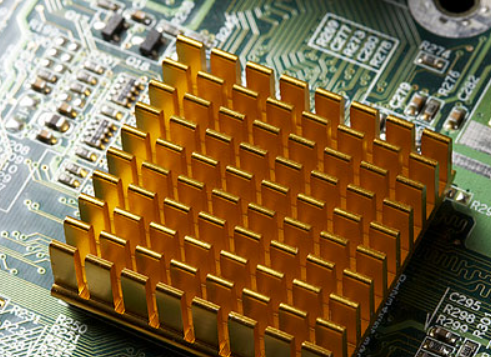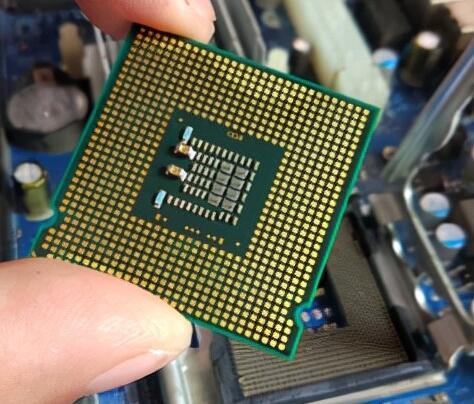In the intricate world of computer engineering, every component plays a pivotal role in ensuring optimal performance and longevity of the system. Among these components, aluminum emerges as a silent hero, particularly in the realm of cooling computer chips. While aluminum may not be the star of the show, its presence in the form of heat sinks is indispensable for maintaining the temperature of crucial components within computers.
Understanding the Need for Cooling
Computer chips, such as CPUs (Central Processing Units) and GPUs (Graphics Processing Units), are the workhorses of modern computing. These tiny silicon marvels perform billions of calculations per second, generating significant amounts of heat in the process. Left unchecked, this heat can lead to thermal throttling, reduced performance, and even permanent damage to the delicate electronic components.

Enter Aluminum Heat Sinks
Aluminum heat sinks are the unsung heroes of computer cooling systems. These passive cooling devices are strategically placed on top of computer chips to absorb and dissipate heat away from the source. But why aluminum?
Thermal Conductivity: Aluminum boasts excellent thermal conductivity properties, meaning it efficiently transfers heat away from the chip to the surrounding environment. This property ensures that heat is dissipated quickly, preventing overheating and maintaining optimal operating temperatures.
Lightweight Design: In the quest for efficient cooling solutions, weight is a critical consideration, especially in portable devices like laptops. Aluminum’s lightweight nature makes it an ideal choice for heat sink construction. It provides effective heat dissipation without adding unnecessary bulk or strain to the system.
Cost-effectiveness: Cost is always a significant factor in the design and manufacturing of computer components. Aluminum’s abundance and relatively low cost compared to other metals make it a cost-effective solution for mass-produced heat sinks, contributing to the affordability of computer systems.
Corrosion Resistance: Aluminum naturally forms a thin oxide layer on its surface, providing inherent corrosion resistance. This property ensures that heat sinks remain durable and effective over time, even in the demanding environment within a computer case.

Заключение
While aluminum may not be as glamorous as the silicon chips it helps cool, its importance in computer engineering cannot be overstated. As technology continues to advance and computing power increases, efficient cooling solutions become ever more critical. Aluminum heat sinks play a crucial role in maintaining the optimal operating temperatures of computer chips, ensuring smooth and reliable performance. So, the next time you marvel at the speed and power of your computer, take a moment to appreciate the silent work of aluminum keeping things cool behind the scenes.


